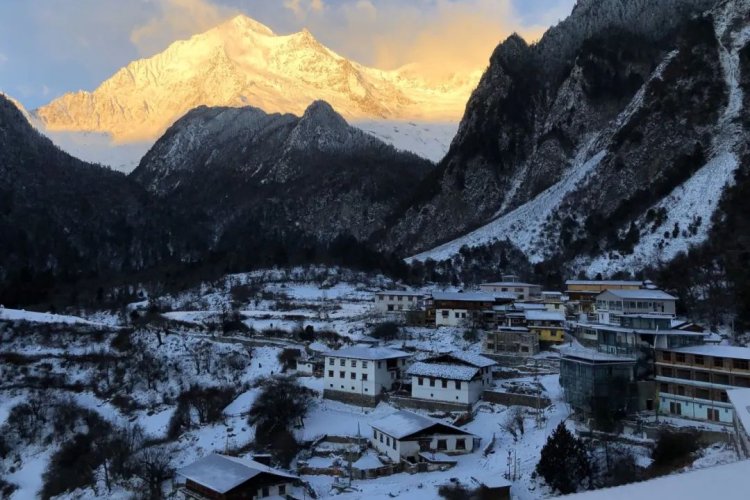Hotel Telling You "No Foreigners Allowed"? This Expat-Run Service Can Help
Whether searching for accommodation while traveling around China or helping friends or family find a place to stay when they’re in Beijing, one phrase you might’ve heard more than once is something along the lines of “this hotel cannot accept foreigners.”
Hearing that phrase is pretty disheartening, and it’s pretty much a statement that’s very far from the truth.
One American expat who regularly and extensively travels around China knows this all too well, and she’s made it a personal mission of hers to fight any time someone utters the phrase in a hotel – or local police station, if the fight has moved to there. Marian Rosenberg is a translator who resides in Hainan Province but takes annual lengthy cycling trips across the country.
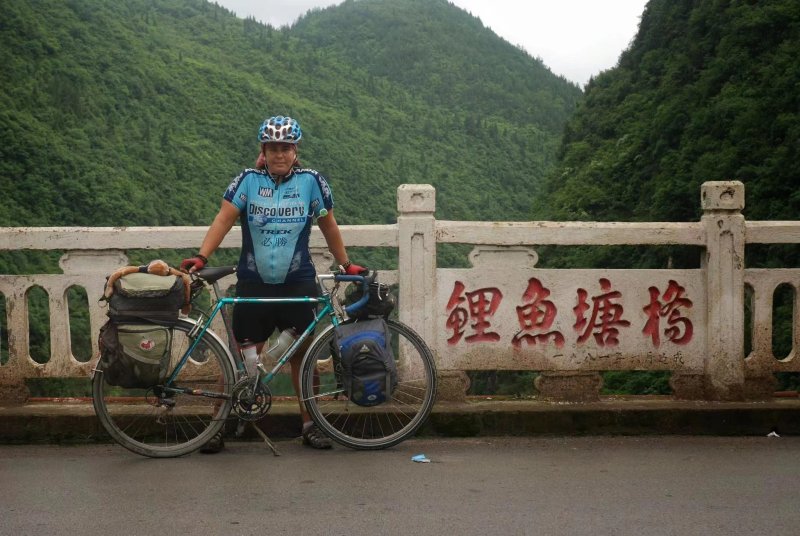
Rosenberg has also started providing services to foreigners who come across the “no foreigners allowed” issue on their travels, which she unveiled in a recent post on her personal WeChat that went viral prior to the National Holiday. We recently spoke with Rosenberg about her time in China, her services, and other ways to get around this “rule.”
How long have you been living and traveling in China?
I arrived in China in August 2002 as an oral English teacher in Shijiazhuang. At that time I pretty much never went off the Lonely Planet path but, pre-SARS, did go to Beijing at least twice a month.
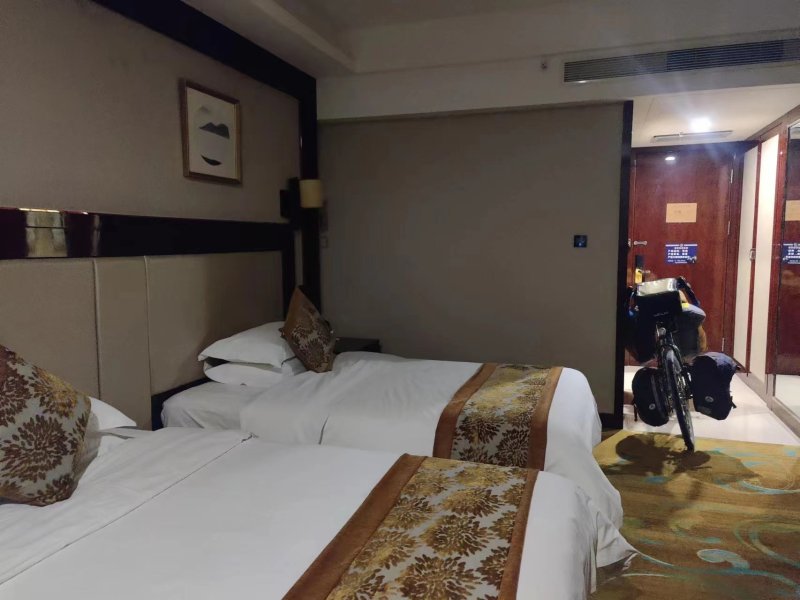
My first "big travel" happened in 2008 when I made the ridiculous decision to tell my friends I was going to ride my bike to Ulan Bataar (from Haikou). I thought I was maybe going to make it to Guangzhou but I didn't actually give up until I hit Beijing.
What was the impetus for starting your service?
Pre-Covid, I used to think this issue was a "touring cyclist" one caused by the community's habit of taking multi-month trips, and of frequently not smelling all that good when arriving somewhere nice. I'd gotten rejections when I wasn't on a bike but they were the exception rather than the rule. Maybe three or four months after the pandemic started, however, a friend of mine had a five star hotel in Sanya attempt to unilaterally cancel her booking as she was on the train from Haikou.
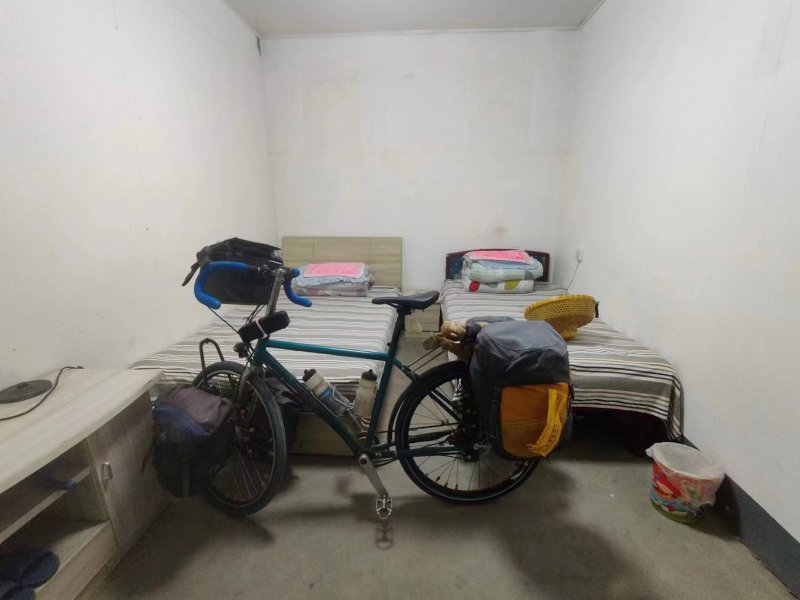
I'd been sharing laws along with tips and tricks (and stories) with friends for years by this point and it was initially an extension of that.
These past two years, it's been a fairly ad hoc thing for people who knew to contact me. I didn't actually angrily sit down and codify it as a service with specific price categories until the episode in Neiqiu which I mention in the article.
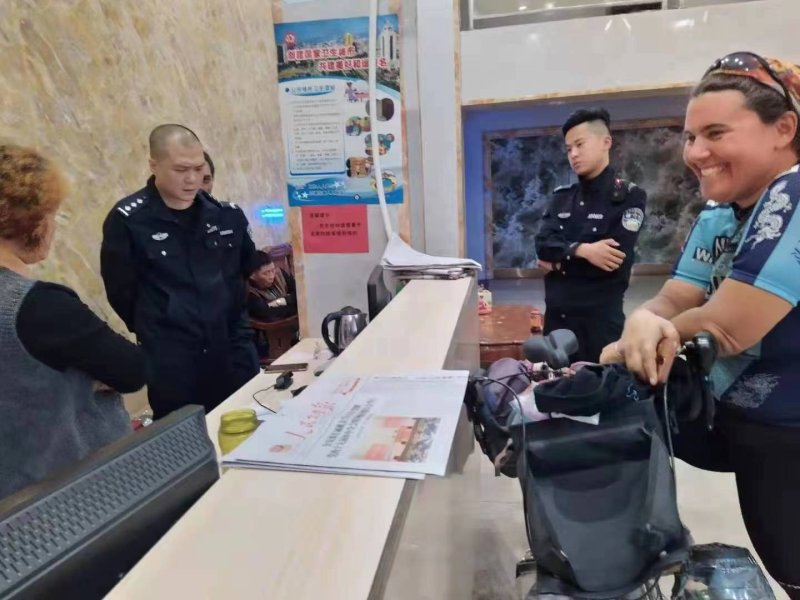
At 10.15pm, I showed up in a police car with two uniformed officers to the hotel which the PSB sent me to (against my wishes I might add) and this hotel—which still lists themselves online as "foreigner friendly"—tried to say they couldn't take me.
You've traveled extensively around China. In all of your travels, how many hotels have you come across trying to skirt around accepting foreigners?
I didn't start actively keeping track until 2018 but roughly 25 or 30 a year.
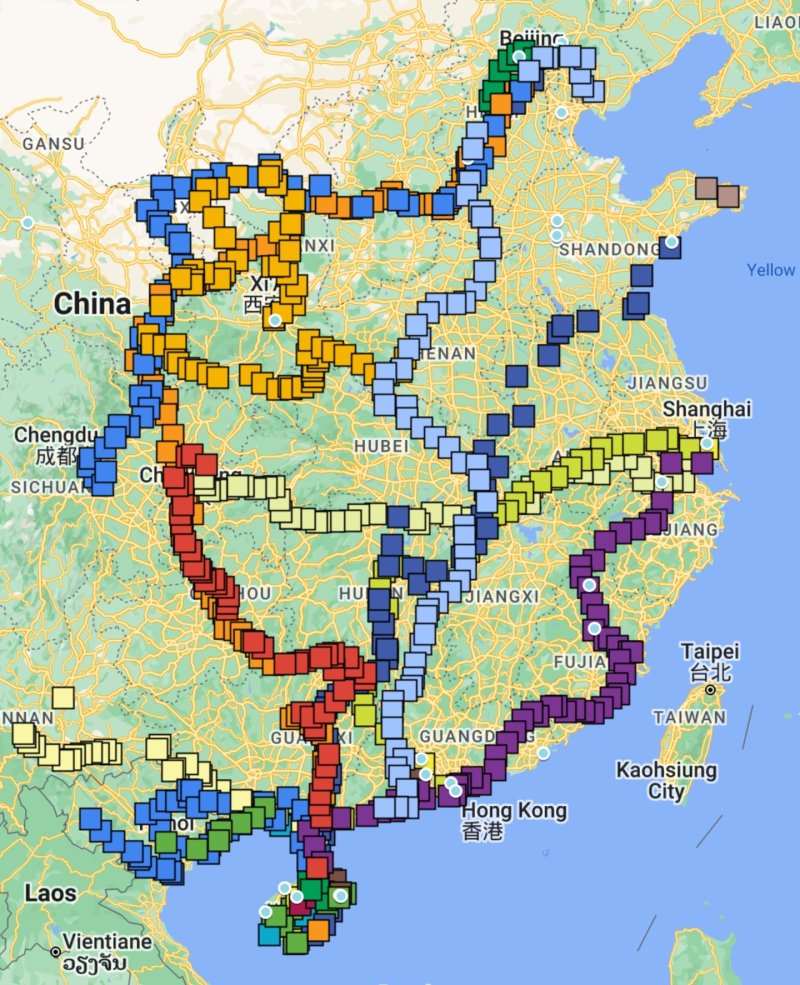
So, what's the real deal here? Is there an actual rule stating foreigners can or can't stay at certain hotels?
In the ten years since I started looking, I have been unable to find anything which says foreigners are required to stay at certain kinds of hotels.
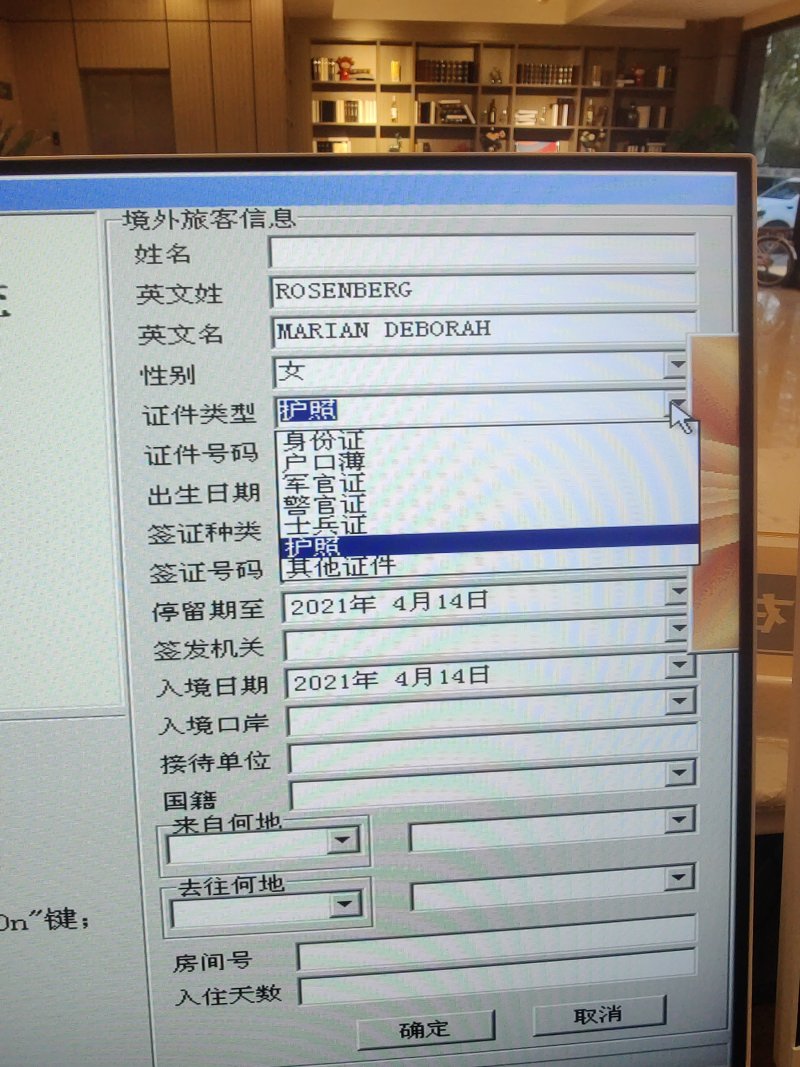
I (or my employees) have called hotlines, looked into government archives, offered cash awards for information proving me wrong and repeatedly come up with nothing.
When officials are telling me "you can't stay here," I've also developed a rather nasty habit of offering them a choice between providing me with their name, position, and badge number or something written that proves them right. This is usually followed by them very very quickly deciding I can stay here.
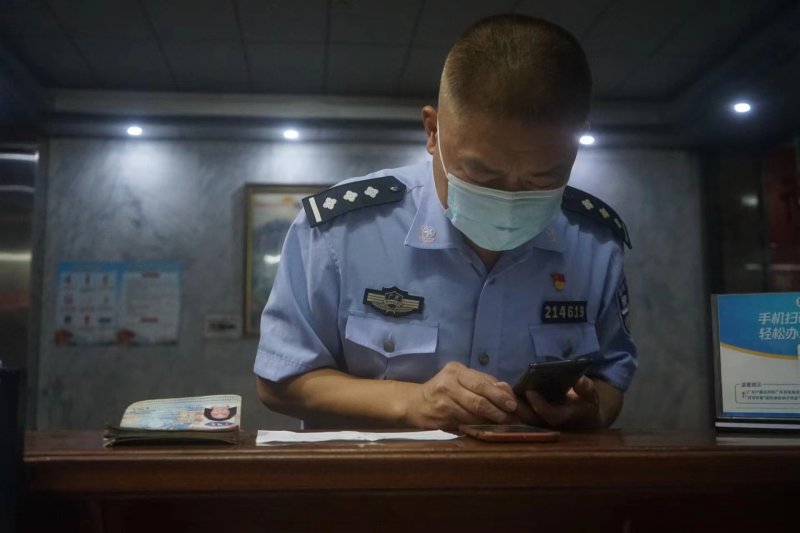
What current laws are there in regards to foreigners staying at hotels in China?
Other than some stuff which is part of the star ranking system which—confusingly—uses a word which most often means "related to foreigners" but which can mean "related to external business" and which doesn't actually pertain to where foreigners stay, the laws I linked in my recent article are all the active ones I've found.
In your original article, you note how you used to guide foreigners to Trip.com for bookings, why did that stop?
Actually, I still think Trip is the best option for people who are neither fluent nor traveling with someone fluent.
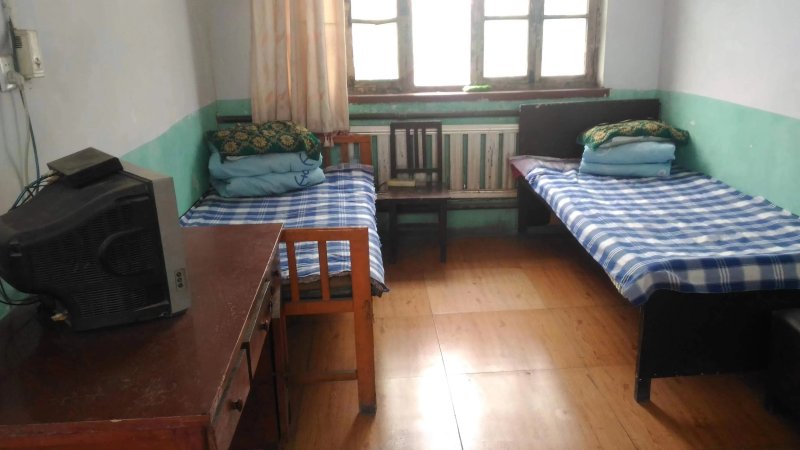
It's just, as more foreigners refuse to accept "generous" free cancellations, they've decided (rather than stand up to the hotels who are presenting them with lies as ridiculous as "foreigners aren't currently allowed to visit Hainan") it's easier to push back at the foreigners.
What about other sites? Does Booking.com work at all in regards to their listings?
They have substantially fewer listings than Trip.
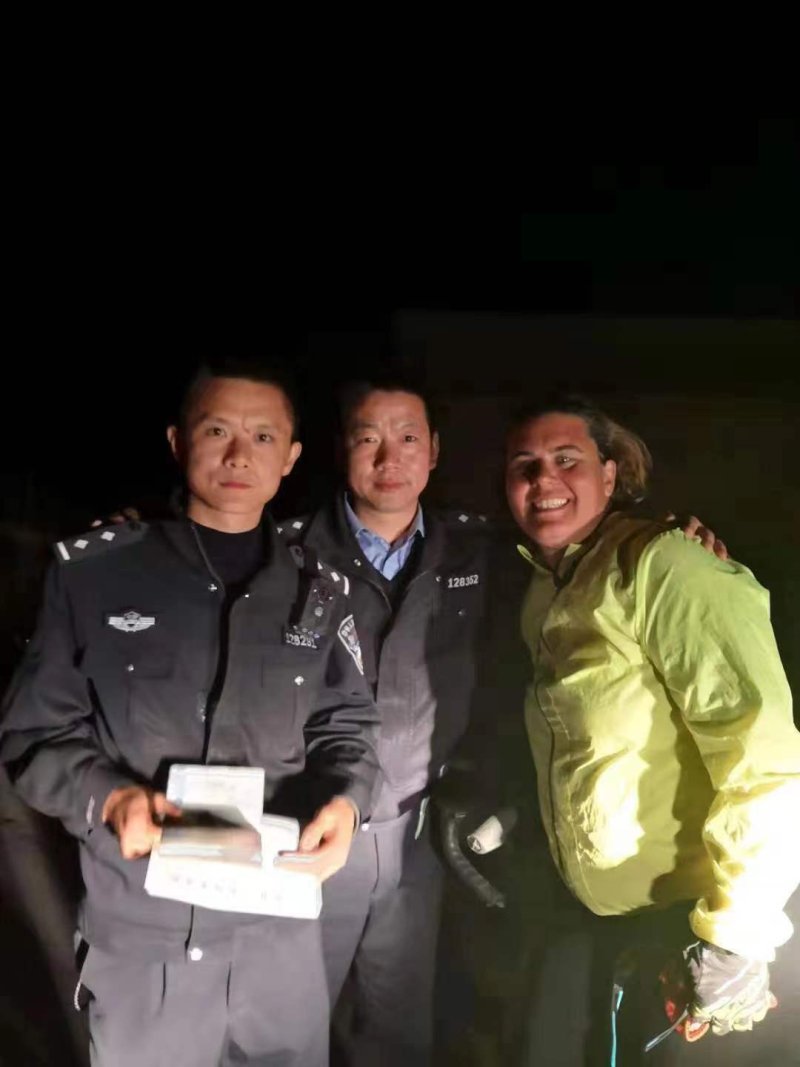
Turning to your services, what do you provide and how can people utilize it?
There are some great tools out there that are supposed to list all the Covid-related restrictions on people coming from a certain location or going to a certain destination. These tools are entirely in Chinese, are updated less frequently than they ought to be, and don't necessarily reflect really important things like hotels requiring a 24 hour validity NAT for everyone whose Travel Code includes locations outside the county.
Whether it's asking this, or finding out if the county you want to go on the border with Vietnam is currently Closed, we will make the necessary phone calls that you'd feel bad asking one of your Chinese friends or colleagues to handle for you.
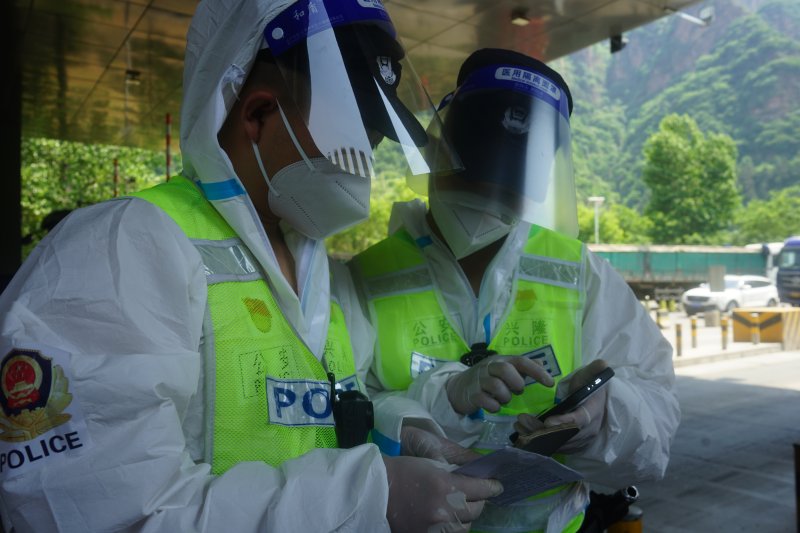
We'll also call already booked hotels and say "this foreigner is arriving on Tuesday. They have this travel history, and these green codes. You will be checking them in."
The important thing here is that, unlike most people, we will not be asking the hotel if the foreigner can stay; we will be informing them that the foreigner is staying. We will do this in the nicest possible way but we will also make it very clear to the hotel that their choices are "honor the booking" or, as per Consumer Protection Law Article 47, among others, are "paying for the foreigner to be upgraded to another location".
If necessary, there will be follow up calls to the local police station or tourism departments.
For now, people who want these services can contact me via WeChat (ID: HainanTranslation).
You can read Rosenberg's original WeChat article here.
READ: Take a Look at Beijing's Newly Unveiled Traffic Signs
Images courtesy of Marian Rosenberg





